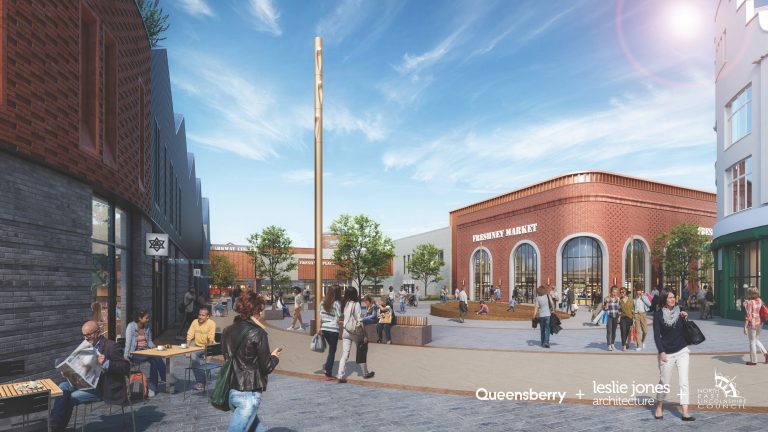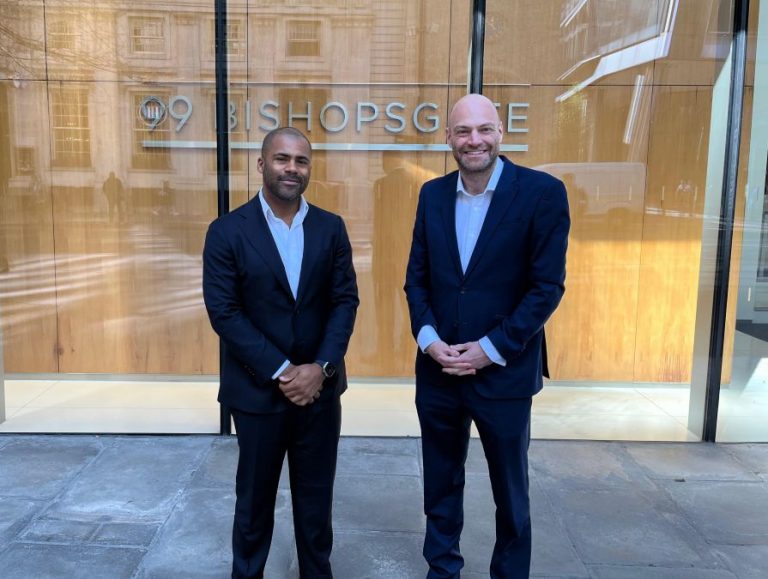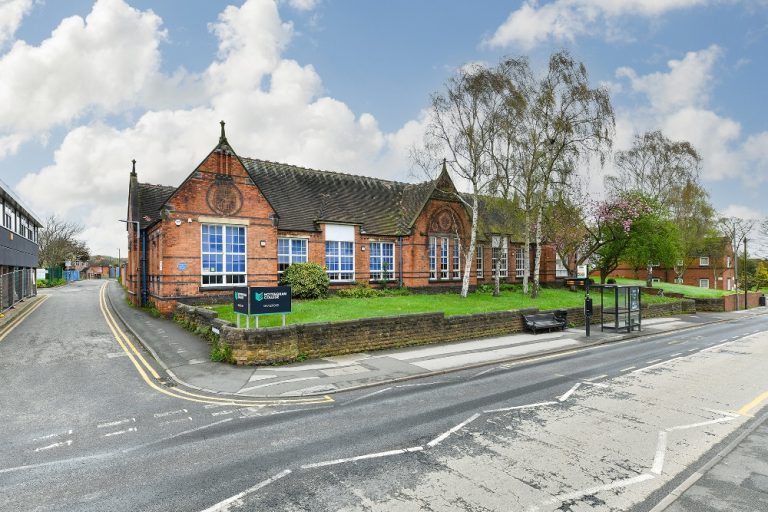Three new partners among law firm’s senior East Midlands promotions
Farrow & Ball appoints Tecserv UK as national fire & security partner
Freeths advises on London Stock Exchange IPO of MHA
Midlands mid-sized businesses target new international trade routes despite tariff uncertainty
Derbyshire Dales secures £1m boost for business and community support
Derbyshire Dales District Council has received an additional £1.02 million in Government funding to support local businesses and community groups over the next year. The funding comes from the UK Shared Prosperity Fund and Rural England Prosperity Fund, building on a previous £2.7 million allocation.
The new funding will be distributed through grants aimed at supporting business diversification, growth, digital adoption, and workforce training. Capital and revenue grants will be available across all sectors, with priority given to manufacturing and engineering firms. Businesses may also access free energy audits and apply for additional funding to implement sustainability measures and reduce operational costs.
Previous rounds of investment in the area have funded a range of projects, including technology upgrades for a motor racing simulator business, energy audits for historic sites, and solar panel installations for engineering firms. Community organisations, charities, and local councils will also be able to apply for support through an expanded Community Resilience Grants programme.
Funding is available until March 2026, with a focus on strengthening business resilience and addressing skills shortages in the district.
Grimsby’s Freshney Place redevelopment moves forward with demolition phase
Demolition has started at Grimsby’s former Top Town Market site, marking a significant step in the redevelopment of Freshney Place Shopping Centre.
The project, led by North East Lincolnshire Council and managed by Queensberry, aims to transform the site into a mixed-use retail and leisure destination. Plans include a new Parkway multi-screen cinema, a market hall, and a combined food and shopping space.
The redevelopment forms part of a broader investment strategy for Grimsby town centre and is one of the council’s largest investments to date. It is intended to drive additional investment, support existing tenants, and open up opportunities for new businesses.
Preliminary work, including asbestos removal and dismantling mechanical systems, has been completed. Main contractor GMI Construction Group has now commenced structural demolition, progressing the project to its next phase.












